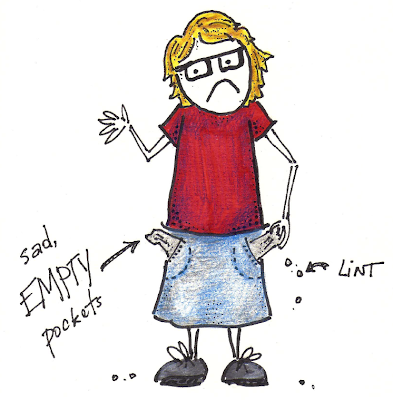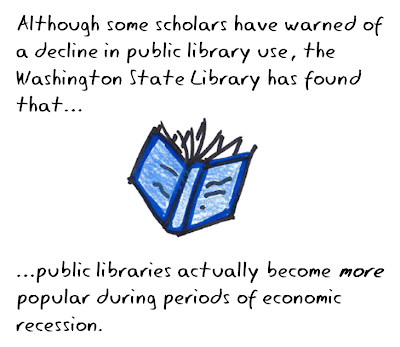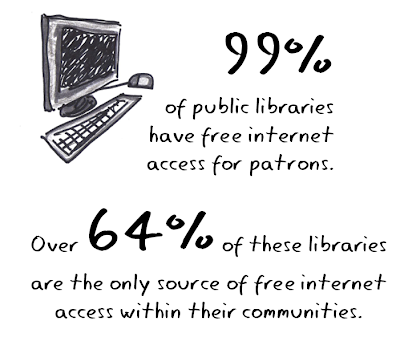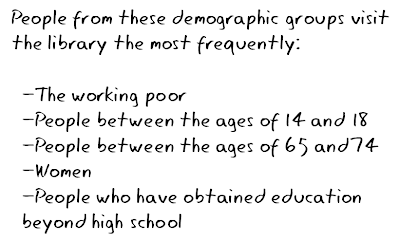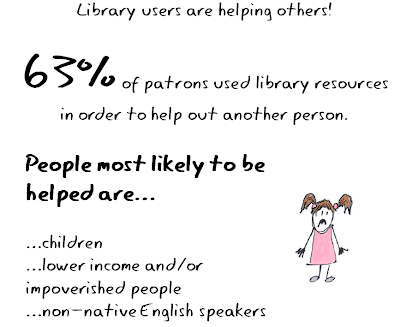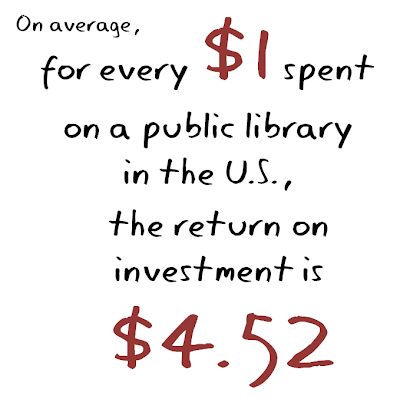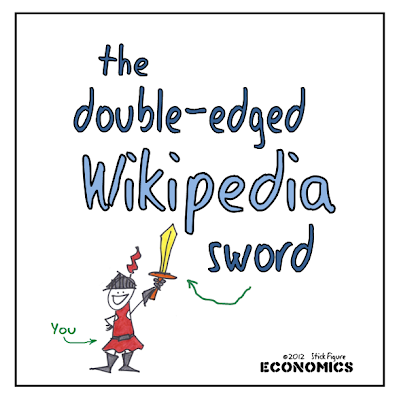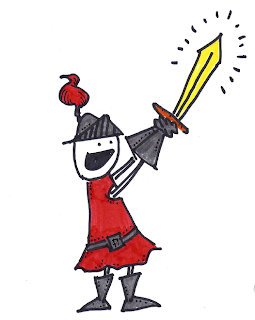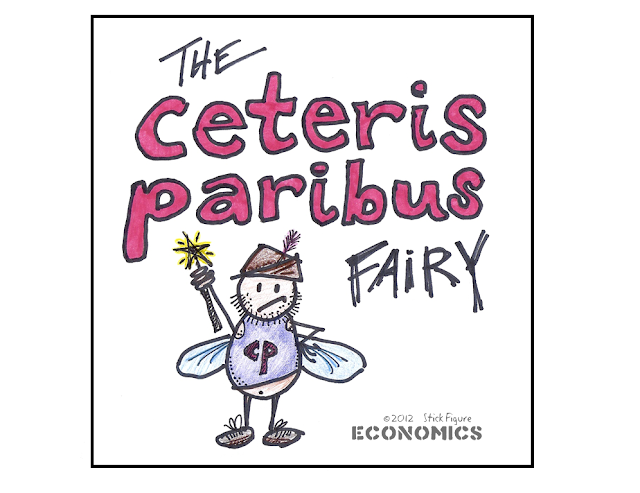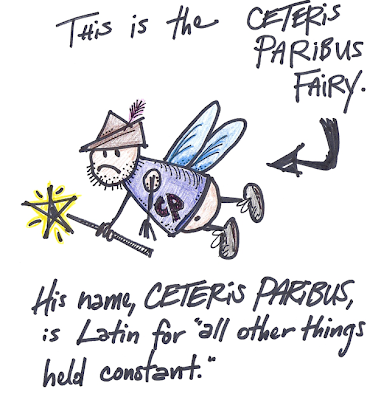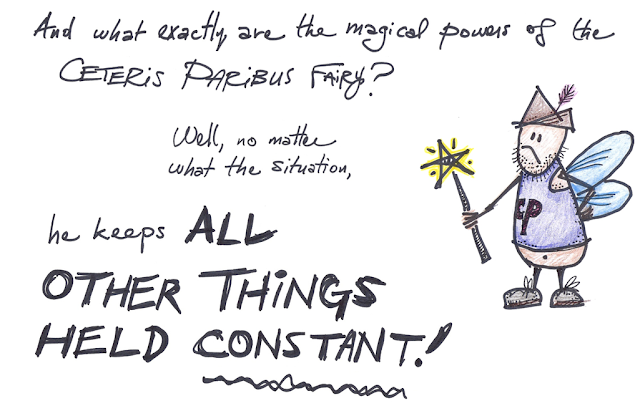Ray Bradbury died Tuesday at the age of 91. In 1953, he wrote Fahrenheit 451, which is one of my all-time favorite books.
Bradbury, who was always an ardent supporter of public libraries, had this to say about them:
"Without libraries, what have we? We have no past and no future."
In honor of Ray Bradbury's legacy, today's topic is...
Public libraries have existed in the U.S. for a long time. In fact, Benjamin Franklin founded the first public lending library in an effort to make educational texts available to his colleagues. After that, libraries were viewed as a portal to information, education and the outside world. In that sense, they were very powerful institutions.
Things changed, though, especially with technological advancements. The internet, in particular, makes it easy for people to find information about the outside world without even having to set foot in a library. Does this mean libraries are less useful now than they were before?
Well...
This makes intuitive sense, because the emptier people's pockets become, the more likely they are to head to the local library to use its free (or low-cost) services. It's much cheaper to borrow a book from a library than to buy a brand new one, right? For the many people affected by the recession, visiting the library becomes an attractive option.
Still convinced that nobody is visiting the library?
That's well over the majority of adults in the U.S. - an enormous proportion of the population. All library users.
This means that these libraries are providing a means for community members to access the wealth of information that the internet has to offer. That is a big deal, especially if there aren't any other ways for people to get online in the area.
Hurricane Katrina victims who were able to search online for aid received help faster than those who could not access the internet.
Libraries are used by all different types of people, from those who are impoverished, to retirees, to college-educated individuals. As a result, they serve all sorts of purposes.
So a majority of library visitors are there to help someone else? Sounds like a community-oriented place to me.
A third of all public library patrons use the library to become healthier and/or more active members of their communities. This has a positive impact on overall community development. Community-oriented? Of course!
So aside from all the other great stuff that public libraries offer, it's also a place where people can learn about and organize their personal finances. This is incredibly important, especially during difficult economic conditions, when being organized with money can mean the difference between getting bills paid or not.
Speaking of paying the bills...
It's true. And it's not a bad return on investment, if you compare it to alternatives like the stock market or current interest rates.
Ultimately, public libraries positively impact the communities in which they serve. By keeping public libraries useful, comprehensive, and well-funded, Ray Bradbury's legacy survives.
Support your local library! (And read
Fahrenheit 451 if you haven't already. It's a quick and relatively painless book to read, and you'll be glad you did.)
References used in this presentation:
American Library Association. "Library Fact Sheets." Accessed June 6, 2012.
http://www.ala.org/tools/libfactsheets
American Library Association. "The State of America's Libraries, 2011." Special report. Accessed June 6, 2012.
http://www.ala.org/news/sites/ala.org.news/files/content/mediapresscenter/americaslibraries/state_of_americas_libraries_report_2011.pdf
Institute of Museum and Library Services. "Public Libraries Survey, Fiscal Year 2009." June 2011. Accessed June 6, 2012.
https://harvester.census.gov/imls/pubs/Publications/fy2009_pls_report.pdf
Institute of Museum and Library Services. "Strategic Plan: 2012-2016." Accessed June 6, 2012.
http://www.imls.gov/assets/1/AssetManager/StrategicPlan2012-16_Brochure.pdf
Steffen, Nicolle and Zeth Lietzau. "Public Libraries - A Wise Investment: A Return on Investment Study of Colorado Libraries." Library Research Service, March 2009. Accessed June 6, 2012.
http://www.lrs.org/documents/closer_look/roi.pdf
Washington State Library. "Report on Public Library Usage Stats During Recession (2009)." Accessed June 6, 2012.
http://www.sos.wa.gov/library/ReportonPublicLibraryUsageStatsDuringRecession2009.aspx






